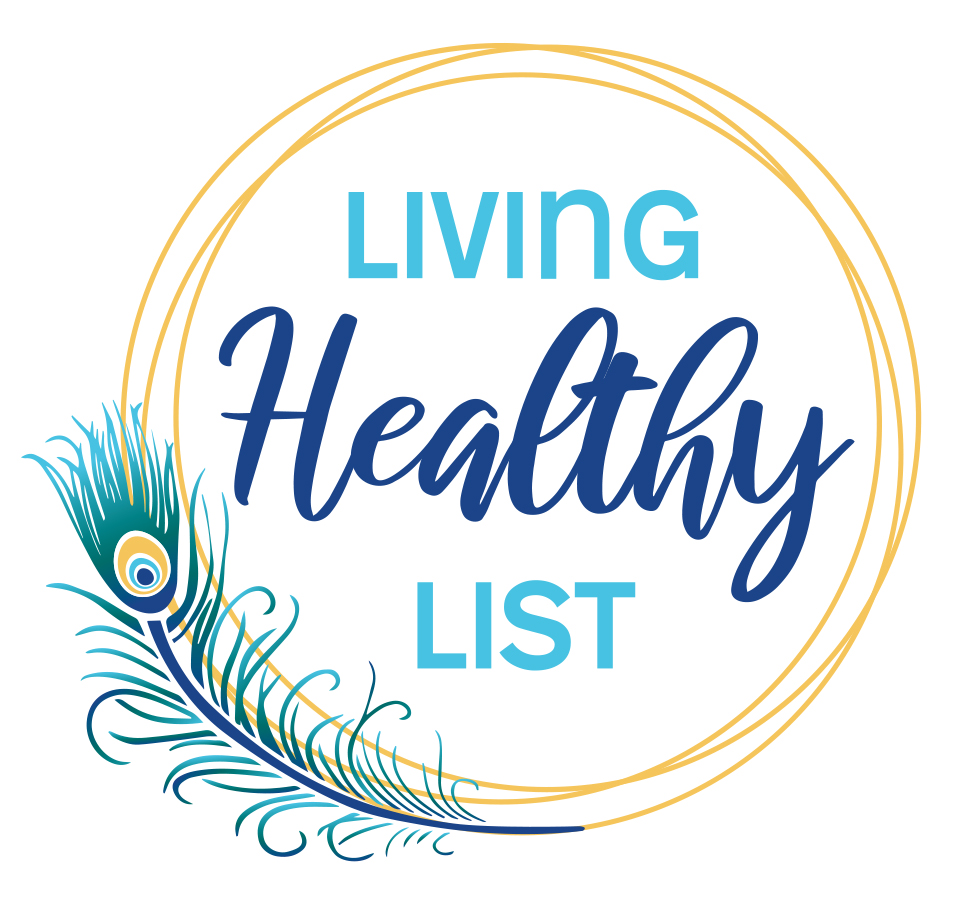The line between selfless love and codependency isn’t always easy to see. Putting the other person first is a noble thought when it comes to platonic and romantic relationships, but it isn’t always practical or healthy. Codependency occurs when two people in a relationship feel that they can’t function as healthy adults without each other.
Codependency takes many forms. While a codependent relationship can include much love, it’s unsustainable and harmful to both parties in the long run. Recognizing and addressing codependency is necessary to maintain your independence and allow your relationships to thrive. Explore these tips for overcoming codependency in your relationships.
Recognize the Signs
Codependency isn’t always obvious, so how do you know if it’s affecting your relationships? Clinginess, a fear of abandonment, and a need to be needed are common codependent behaviors. Other signs of a codependent relationship can include:
- The need to be always around the other person
- Feeling responsible for the actions of the other person
- Feeling solely responsible for the other person’s happiness
- Clinging to an idealized view of the other person
- An inability to take care of yourself while alone
- Not allowing the other person to be fully independent
Codependent behaviors tend to show up as patterns; for example, you might find that you are constantly changing to please your current partner or that you tend to date people you feel like you can “fix.” Recognizing these signs is the first step to overcoming codependency in your relationships.
Seek Professional Mental Health Treatment
Codependency is a learned behavior that people pick up from past relationships or from witnessing others’ relationships. Moreover, codependency often stems from attachment issues that develop in infancy and childhood.
Attachment, codependency, past trauma, and relationship issues are complicated subjects, but trained psychologists can help you work through them. Professional, evidence-based treatment can help you overcome lifelong attachment issues and other challenges at the root of your struggles with codependency.
Learn To Nurture Yourself
Caring for others is important, but it can’t come at the expense of your own well-being. Taking care of yourself before you help others makes you less emotionally needy and allows you to nurture yourself and those around you more healthily and effectively.
Prioritizing your emotional and physical needs can come in many forms. Practicing self-care to support your physical and mental health is one important example. Mindfulness activities—such as meditation or journaling—are also helpful. It’s also essential to establish clear and consistent boundaries for yourself to take care of others without sacrificing your own needs.

